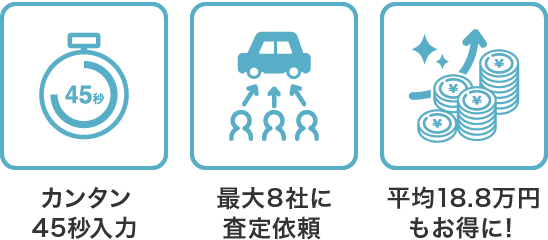| Vitamin C selectively kills KRAS and BRAF mutant colorectal cancer cells by targeting GAPDH Jihye Yun1, Edouard Mullarky1,2, Changyuan Lu3, Kaitlyn N. Bosch1, Adam Kavalier3, Keith Rivera4, Jatin Roper5, Iok In Christine Chio4, Eugenia G. Giannopoulou6,*, Carlo Rago7, Ashlesha Muley1, John M. Asara8, Jihye Paik9, Olivier Elemento6, Zhengming Chen10, Darryl J. Pappin4, Lukas E. Dow1, Nickolas Papadopoulos7, Steven S. Gross3, Lewis C. Cantley1, Getting all stressed out by vitamin C Few experimental cancer therapies have incited as much debate as vitamin C. Yet the mechanistic effect of vitamin C on cancer cells is still poorly understood. Yun et al. studied human colorectal cancer cells with KRAS or BRAF mutations and found that they “handle” vitamin C in a different way than other cells, ultimately to their detriment (see the Perspective by Reczek and Chandel). Because a certain receptor is up-regulated in the mutant cells, they take up the oxidized form of vitamin C (dehydroascorbate). This leads to oxidative stress, inactivation of a glycolytic enzyme required by the mutant cells for growth, and finally cell death. Whether the selective toxicity of vitamin C to these mutant cells can be exploited therapeutically remains unclear. Science, this issue p. 1391; see also p. 1317 ABSTRACT More than half of human colorectal cancers (CRCs) carry either KRAS or BRAF mutations and are often refractory to approved targeted therapies. We found that cultured human CRC cells harboring KRAS or BRAF mutations are selectively killed when exposed to high levels of vitamin C. This effect is due to increased uptake of the oxidized form of vitamin C, dehydroascorbate (DHA), via the GLUT1 glucose transporter. Increased DHA uptake causes oxidative stress as intracellular DHA is reduced to vitamin C, depleting glutathione. Thus, reactive oxygen species accumulate and inactivate glyceraldehyde 3-phosphate dehydrogenase (GAPDH). Inhibition of GAPDH in highly glycolytic KRAS or BRAF mutant cells leads to an energetic crisis and cell death not seen in KRAS and BRAF wild-type cells. High-dose vitamin C impairs tumor growth in Apc/KrasG12D mutant mice. These results provide a mechanistic rationale for exploring the therapeutic use of vitamin C for CRCs with KRAS or BRAF mutations. http://www.sciencemag.org/content/350/6266/1391.abstract |
イイね!0件
|
YUHの気ままなままに カテゴリ:ブログ 2018/01/31 06:12:14 |
|
|
常識はずれのPIAZZA達の隠れ家 カテゴリ:Piazza 2012/11/17 07:31:43 |
|
|
須関裕子のブログ カテゴリ:Music 2011/02/26 18:38:37 |
 |
スバル アルシオーネSVX はじめてのSVXは追突事故によって、わずか1年半で乗り換えることになってしまいました。 ... |
 |
いすゞ ピアッツァ 社会人になりはじめて手に入れた車です。 PIAZZA XE Handling by L ... |
 |
BMW 3シリーズ セダン 実家最後(予定)の車。 私がメンテナンスしてます。 →私が相続し維持することにしました ... |
 |
その他 その他 写真の置き場です。 |
複数社の査定額を比較して愛車の最高額を調べよう!
